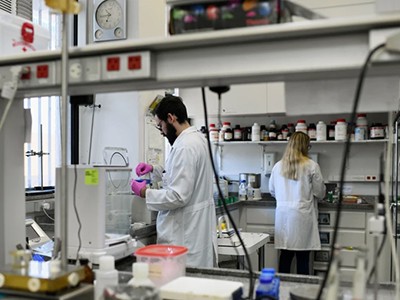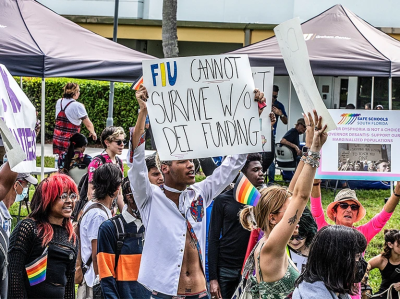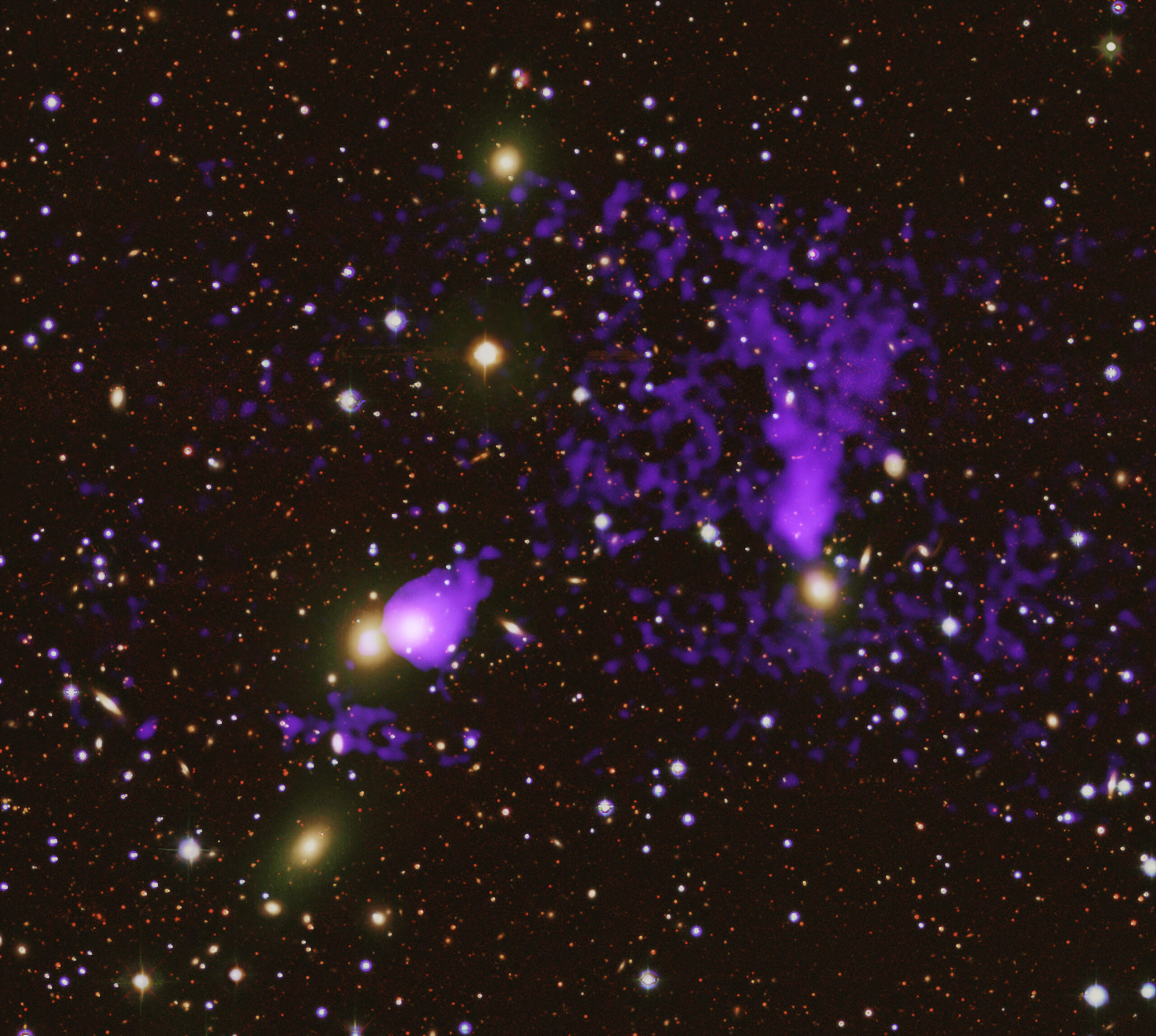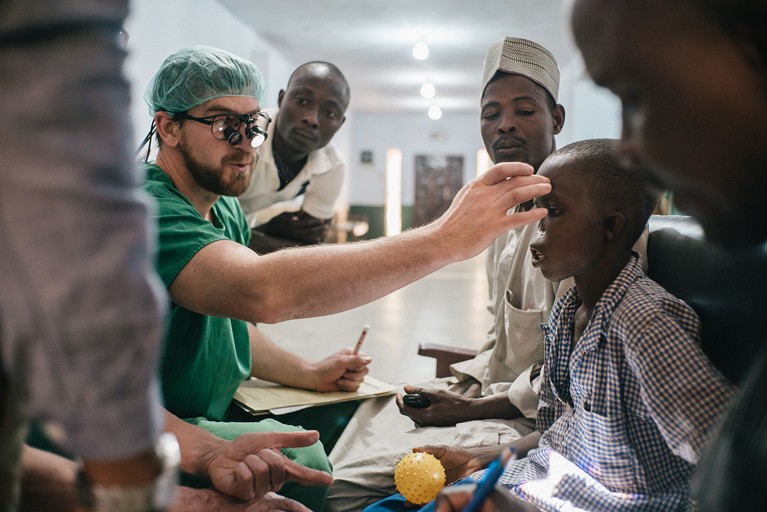Gabryele Moreira in front of Brazil’s first nuclear reactor. She was the only Black student in her nuclear-technology master’s programme in 2018.Credit: IPEN/USP
Gabryele Moreira first became interested in physics during a pre-university course she took in the outskirts of Salvador in northeastern Brazil in 2011. Two years later, she was admitted to the Federal University of Sergipe in São Cristóvão through an ethnic–racial minority quota system and began her undergraduate studies in medical physics. She was supported by housing and meal scholarships, which were “both essential for me to stay in university and keep up with my studies”, she says.
But her path to graduate education was more challenging, because there was no similar affirmative-action policy when she was applying for a master’s degree in nuclear technology at the Institute for Energy and Nuclear Research in São Paulo, in 2018. “I remember turning to YouTube videos to try to learn English in order to prepare for the foreign language-proficiency test in the master’s selection process,” she says. “I didn’t have the opportunity to take courses during my undergraduate studies.”
She was accepted, becoming at that time the only Black person in the programme. “I could see myself in others when I was in Sergipe, but in São Paulo, I realized that people like me were a minority in graduate programmes, especially in areas such as nuclear energy,” Moreira says.
Slow to adapt
Stories such as Moreira’s — and studies released in the past several years — indicate that affirmative-action policies have not yet become mainstream in graduate science education in Brazil. “There’s still much ground to be gained,” says Anna Venturini, a political-science researcher at the Brazilian Center of Analysis and Planning in São Paulo who has been studying affirmative-action policies in graduate programmes since 2014.

Brazil’s plummeting graduate enrolments hint at declining interest in academic science careers
More than half of Brazil’s 203 million inhabitants identify as Black, mixed-race or Indigenous. Still, white individuals currently represent 90% of Brazilian scientists — a proportion 12 times higher than that of Black, mixed-heritage and Indigenous individuals combined, according to a study by researchers at the State University of Rio de Janeiro. “These groups are minorities in almost all fields of the hard sciences,” says co-author Marcia Rangel Candido.
To try to correct these inequalities and promote equity in historically marginalized minority groups, graduate programmes first began to implement affirmative-action policies in the 2000s, some on their own initiative and others as a requirement under state laws and university resolutions. The movement gained traction in 2016, when the government started to require federal higher-education institutions to submit proposed measures for including Black, mixed-race, Indigenous and disabled people in their graduate programmes.
As a result, the percentage of graduate programmes in Brazil with affirmative action rose from 26% in 2018 to 54% in 2021, according to a 2022 analysis by Venturini and her colleague. Yet such initiatives have been unevenly distributed across academic fields.
Field-specific
The voluntary expansion of affirmative action in recent years has been driven mostly by the humanities and social sciences, in which 36–44% of graduate programmes have adopted these policies on their own initiative. “Researchers in the humanities historically tend to be more likely to think of strategies to mitigate inequalities in access to higher education, because they have a long tradition of research on this issue,” says Jaqueline Gomes de Jesus, a Black transgender psychologist at the Federal Institute of Rio de Janeiro, and the first manager of the affirmative-action system for Black undergraduate students at the University of Brasília.

Universities axe diversity statements in wake of US Supreme Court ruling on affirmative action
Conversely, graduate programmes in science, technology, engineering and mathematics (STEM) are the least likely to create affirmative-action initiatives, according to the survey by Venturini and her colleague. Only 9.5% of Brazil’s engineering graduate programmes and 5.6% of its agricultural-sciences graduate programmes have voluntarily adopted affirmative action over the past few decades.
Venturini says that “a culture of conservative meritocracy” could be contributing to the resistance to implementing affirmative action in STEM programmes. “The admissions processes for these programmes attach less value to candidates’ backgrounds and assume that the best-qualified are simply those with the highest test scores,” she says. “The belief that affirmative-action policies are harmful to ‘the more capable candidates’ is highly prevalent in hard-science programmes.”

Physician Lorena Pinheiro Figueiredo felt cheated after her faculty position was initially approved through an affirmative-action initiative, but was later blocked by the courts.Credit: Lorena Vinturini
Other researchers worry that students admitted through affirmative-action policies might be less prepared and therefore not finish their theses on time or not publish in high-impact journals, which could ultimately affect how funding agencies perceive a programme’s quality and status.





